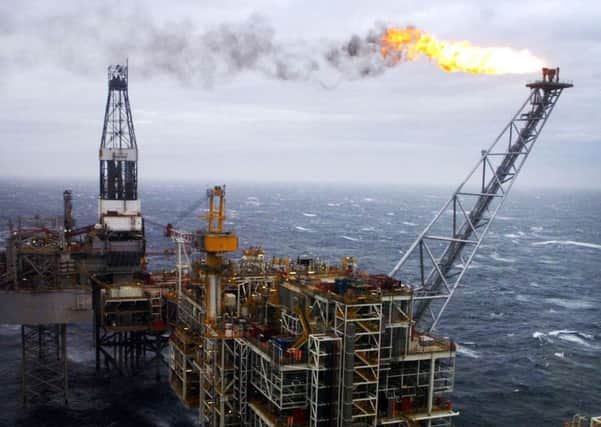Martin Flanagan: Glimmers of hope for energy industry
This article contains affiliate links. We may earn a small commission on items purchased through this article, but that does not affect our editorial judgement.


But it is a chastened, more emaciated industry than it was. So suggests the 25th annual Oil and Gas Survey, conducted by Aberdeen & Grampian Chamber of Commerce, along with the Fraser of Allander Institute and sponsored by law firm Bond Dickinson.
A central finding is that more than two-thirds of oil and gas businesses have cut jobs this year, with more unemployment expected in 2017.
Advertisement
Hide AdAdvertisement
Hide AdWorst-hit in the North Sea have been the actual operators, but the jobs bloodletting has also had a deleterious knock-on effect on contractors. The related leisure industry – particularly hotels – in the energy hub city of Aberdeen has also caught something of the bow wave since the oil price plummeted from about $115 in the summer of 2014 to $28 in January 2016, before recovering somewhat to a shade under $48 currently. The survey showed that the fallout has not just been in layoffs. More than 40 per cent of those who have kept their jobs have seen their pay cut, and/or benefits changed.
In short, the past two years have not been about a setback for a basically sound energy industry; rather a chronic downturn that has led everyone – energy minnows, medium-rankers and big boys – to reassess existing projects and the criteria for taking on new ones.
The survey says most firms believe the rate of Continental Shelf jobs-cutting will now ease, and two out of three believe the trough of the energy downturn has been reached or will do so within the next year.
People are slightly more optimistic about the future for both the North Sea and the wider international energy industry. But context is vital.
The past two years have seen sentiment in the industry fall so low that any pick-up is from an extremely low base. The other depressing thing is that just as in the wider economy major construction projects frequently overrun and cost more than expected, the green shoots of recovery in depressed industries frequently take longer to bloom than anticipated.
The most likely outcome is that next year for oil and gas will have something of a doldrums feel to it, with firms putting most of their hopes for a real recovery in 2018. It has been a long haul.
